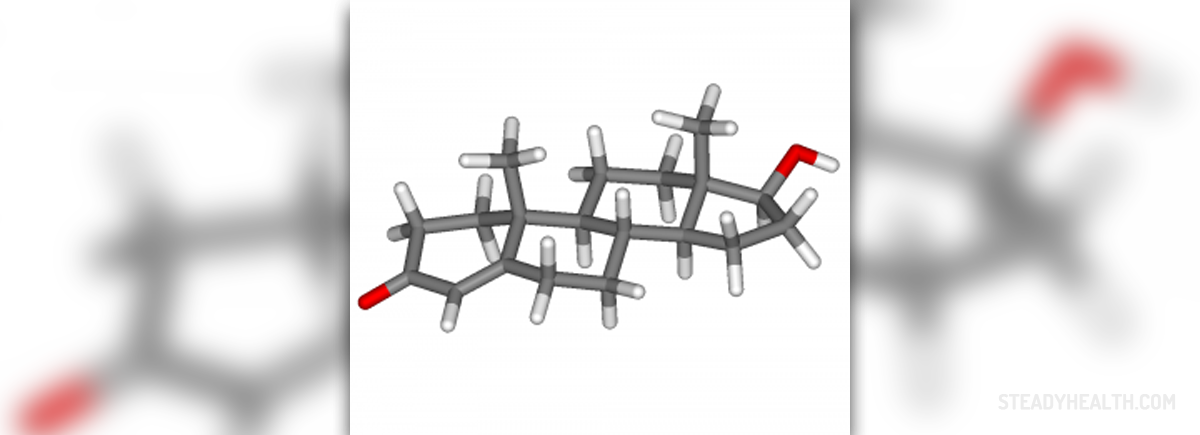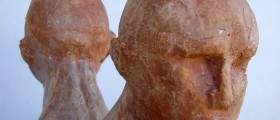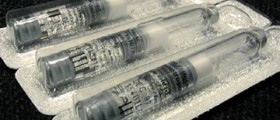
Testosterone - Overview
Testosterone is a steroid hormone and it belongs to the androgenic group of hormones. It is produced by the testicles, male glands located in the scrotum. Testosterone can be also produced in the ovaries and small amounts of this hormone are obtained from the adrenal glands. The hormone is essential for development of the secondary sex characteristics in men. Its deficiency may have serious impact on men and cause certain changes in the body. It is known that the level of testosterone decreases as the person gets older. Drop in level of testosterone typically features with decreased sex drive, moodiness and fatigue.
Androgens are responsible for protein synthesis and growth of the cells that contain androgen receptors. All effects of testosterone can be divided into anabolic and androgenic. Anabolic effects are connected with growth of muscle mass and strength, increase in bone density and growth and maturation of bone tissues. Androgenic effects of testosterone include proper maturation of male sex organs, development of scrotum during intrauterine fetal development, and, in puberty, deepening of the voice, growth of the beard and axillary hair. These secondary sex characteristics simply would not develop if there is insufficient amount of testosterone in the body.
Causes of Low Testosterone
As it has already been mentioned the process of aging causes physiological drop in level of testosterone. For example a person between the age of 15 and 24 produces approximately 750 ng/dl while this number drastically falls and is around 400 ng/dl in men between the age of 85 and 99.
Low level of testosterone is also associated with hypogonadism. Hypogonadism can be congenital and acquired. In primary hypogonadism the problem is connected to the very glands that produce specific hormone, in this case the testicles, and in secondary hypogonadism the problem is connected to the pituitary gland. This gland controls and stimulates the testicles to produce appropriate amount of testosterone. The reduction of testosterone is also evident in patients suffering from certain illnesses such as type 1 and 2 diabetes.
In some people prolonged intake of certain medications can cause negative balance of testosterone. They include glucocorticosteroids, certain anti-hypertensives, antidepressants, tranquilizers, anticholinergics and many more. Low testosterone level is also reported in people who take drugs such as opium.
Trauma to the testicles and certain procedure such as vasectomy as well as removal of one or both testicles due to the presence of testicular cancer significantly reduces the level of the hormone in the body. In injury there are several causes which lead to decrease in level of testosterone and they include damage to specific nerves, damage to the vascular system and damage to the endocrine system.

















Your thoughts on this
Loading...